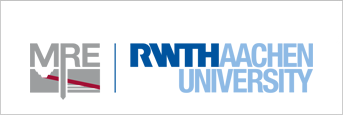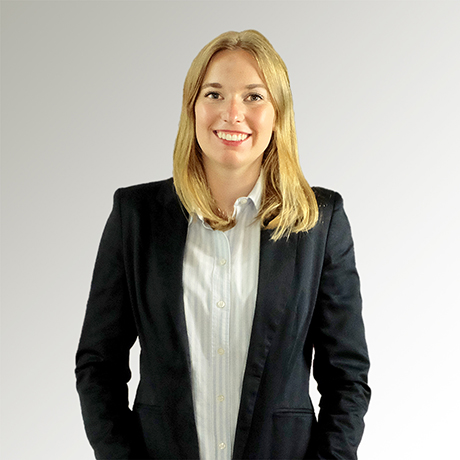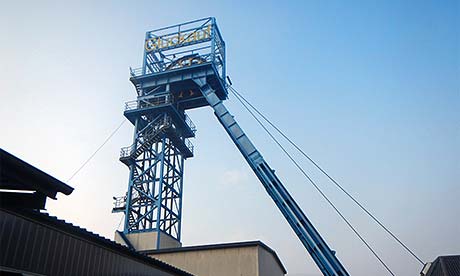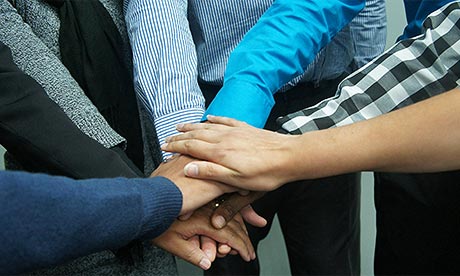Ethical Mining
The Russian war against Ukraine and the use of energy resources as a means of political and social pressure show in a dramatic way the importance of raw materials: both for maintaining a peaceful and prosperous society and for maintaining a successful economy. This current example of energy supply is typical for a large number of raw materials that play an important role in our economic and social life. For example, metals, rare earths and fertilizers are needed to maintain our standard of living. Today, the extraction of raw materials and their supply chains have global dimensions, and they do not only affect economic and political interests, but fundamentally also ethical and moral concerns of affected communities. At the interface of the engineering extraction of raw materials and the ethical-moral assessment of the interventions in nature, the applicants recognize a gap that we want to tackle and close with this project: The critical examination of the current practice of raw material extraction and the ethically reflected reconsideration of the previously practiced approaches in theory and practice. In addition to the various stakeholders in the raw material supply chains, in particular universities, as training institutions, shape the sense of responsibility of future raw material experts in their local and global work environments. The proposed project addresses this desideratum. It aims to create a missing mixed-reality-book „Ethical Mining“ and to develop accompanying digital teaching and learning materials.
Mining engineers plan, organize and monitor the mining and supply of raw materials. They work in a field of tension between technical feasibility, economic viability, legal protection, as well as ecological and social responsibility. Traditionally, the training of mining engineers is focused on scientific and technical topics. In recent years, aspects of sustainability have been added to the curriculum. Codes, agreements, and standards related to sustainability in the extractive sector are presented in higher education, such as the Global Reporting Initiative to name just one. However, the German and international university education of raw materials engineers still lacks the teaching of basic ethical knowledge that enables the prospective engineers to recognize and evaluate ethically questionable situations and to form their own resilient judgment.
Ethics, the science that deals with human actions and provides theories for evaluating them, needs more emphasis in the training of resource engineers, since they work in a variety of areas that can raise ethical conflicts (e.g. human rights, gender equality). The decisions resource engineers can make, if not fully thought through, can also have unintended consequences (e.g. accidents, environmental damage). Finally, unconscious, internalized values and corresponding behaviours of engineers can conflict with values and worldviews of communities in other parts of the world, which also requires ethical competence. Resource engineers need to move beyond the traditional approach of finding only technical or economic solutions to problems. They need to adopt a socially oriented education to meet the future challenges of a more complex world. And such a pioneering project begins with their university education.







